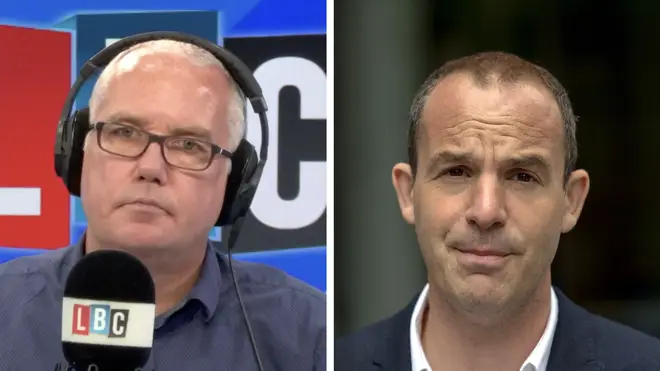
Iain Dale 10am - 1pm
29 June 2020, 19:53

Martin Lewis warns people to "plan for the worst" post-lockdown
Money Saving Expert Martin Lewis says staying financially afloat during the pandemic is getting "increasingly more difficult."
Martin told Eddie that when the government launched the job retention scheme and the self-employment income support scheme he thought it was a "radical bold intervention."
"I also said when we see the cracks in the system...it's how they would deal with the cracks that would be the point of judgement. Now those cracks are fissures," Martin said.
He called on the Chancellor Rishi Sunak to reveal how many people had been excluded from help; the Treasury Select Committee has said that one million people are affected but Martin thought the real number might be larger due to the granular and specific conditions of each scheme.
"We gave it to the employers to be the gate keepers to the welfare system. Some employers did it and some didn't," he said, "so we've had an incredibly arbitrary system."
"I want to give hope but I don't think that's plausible anymore, I cannot see anything happening now to fill those gaps."

The Money Saving Expert suggested that people could consider Universal Credit and businesses can look at a bounce-back loan which is interest and payment free for the first year.
"Of course, if that was me it would stick in my craw that other people are being given grants and I have to take a loan but we're not at that point we're talking survival now, so if you need the bounce back loan, take the bounce back loan," he said.
However there are people who are not eligible for Universal Credit for many reasons and people with new bank accounts may be unable to get a bounce back loan.
"People fall through the cracks within the fissures as well and what do they do? Well I don't know," said Martin.
He reflected that some of the government's support scheme was deliberate, such as Rishi Sunak's decision not to support limited companies.
"I think a lot of it was about momentum, they put the schemes in, they got plaudits for the schemes that supported a lot of people," Martin said, positing that perhaps the support schemes were put in place to rescue the economy with people slipping through the cracks considered "collateral damage."
Martin concluded that people need "hope for the best but absolutely plan for the worst."